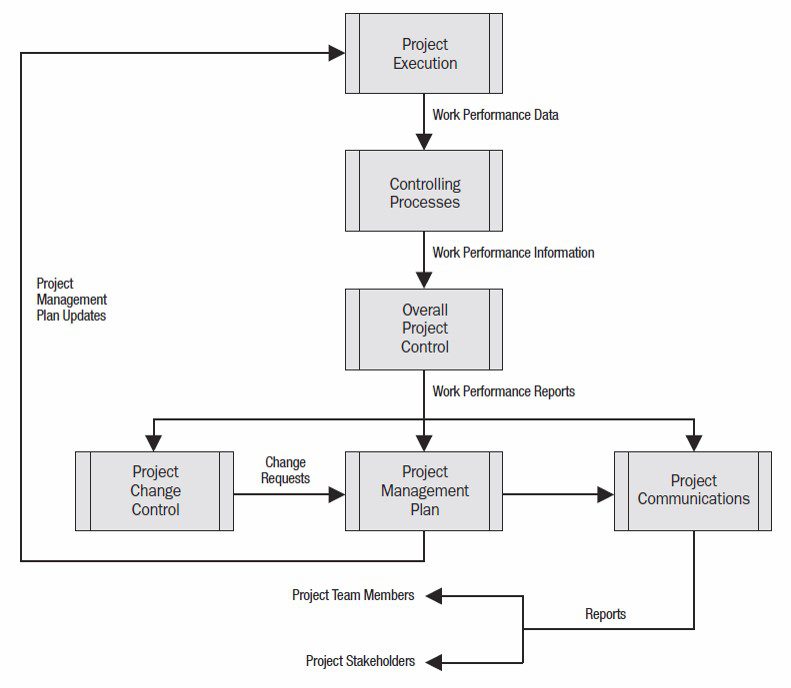 PMI is placing an increased emphasis on the effective management of knowledge in the 6th Edition of the PMBOK (to be published in Sept. 2017) that builds on the foundations laid in the 5th Edition. While there are many aspects of effective knowledge management this post looks at the foundations – transforming data into wisdom from a project controls perspective.
PMI is placing an increased emphasis on the effective management of knowledge in the 6th Edition of the PMBOK (to be published in Sept. 2017) that builds on the foundations laid in the 5th Edition. While there are many aspects of effective knowledge management this post looks at the foundations – transforming data into wisdom from a project controls perspective.
The quote by astronomer Clifford Stoll ‘Data is not information, information is not knowledge, knowledge is not understanding, understanding is not wisdom’, is a good starting point. Information changes in character as it is processed:
- Work performance data is the raw observations and measurements made during the execution of the project work; for example an activity is 25% complete. Data on its own has little direct value, but knowing the accuracy of the data underpins everything else.
- Basic information is created when the data is analysed and assessed; for example, the activity should be 75% complete and as a consequence is running 3 days late.
- This becomes useful information when it is placed in context and integrated with other relevant bits of information; for example the activity is on the critical path and the delay has a direct effect on the predicted date for project completion.
- Converting useful information into knowledge needs the information to be communicated to someone who receives the communication (for example, the person reads the report) and as a consequence becomes aware of the fact the activity is running late[1].
- Understanding requires the person to interpret and appreciate the consequences of the delay. The interpretation of one piece of information to create understanding can happen in many different people’s minds (lots of people may read the report) and different people will derive very different insights from the same set of facts – one person may see the delay as relatively minor, another as critically important. Understanding is based on the frame through which each person views the ‘fact’.
- Finally using the person’s understanding of the situation wisely to inform decisions and actions is completely dependent on the capabilities, attitude, and experience of the individual who has acquired and understood the knowledge[2].

As shown in the extract from the PMBOK® Guide Fifth Edition above, project controls professionals drive the conversion of data into useful information. Once created, this information forms the basis of project reports. Work performance reports are the physical or electronic representation of work performance information compiled in project documents and used for project decision making. These reports are also distributed or made available to other stakeholders through the project communication processes with the intention of influencing and informing the actions of stakeholders (both internal and external).
Project controls professionals have complete control over the conversion of data into information, they can create useful information or they can create masses or obtuse information that is little better than raw data. Then, by communicating effectively, they can actively encourage the transition of information into knowledge in key people’s minds and by providing context and advice can positively influence the development of that person’s understanding to assist wise decision making. But achieving this this requires more than simply collecting and processing data!
How effective are you in transforming raw data into useful information that helps your key stakeholders make wise decisions?
__________________________
[1] For more on communication see: http://www.mosaicprojects.com.au/PM-Knowledge_Index.html#PPM07
[2] For more on practical wisdom see: https://mosaicprojects.wordpress.com/2017/05/21/phronesis-a-key-attribute-for-project-managers/

